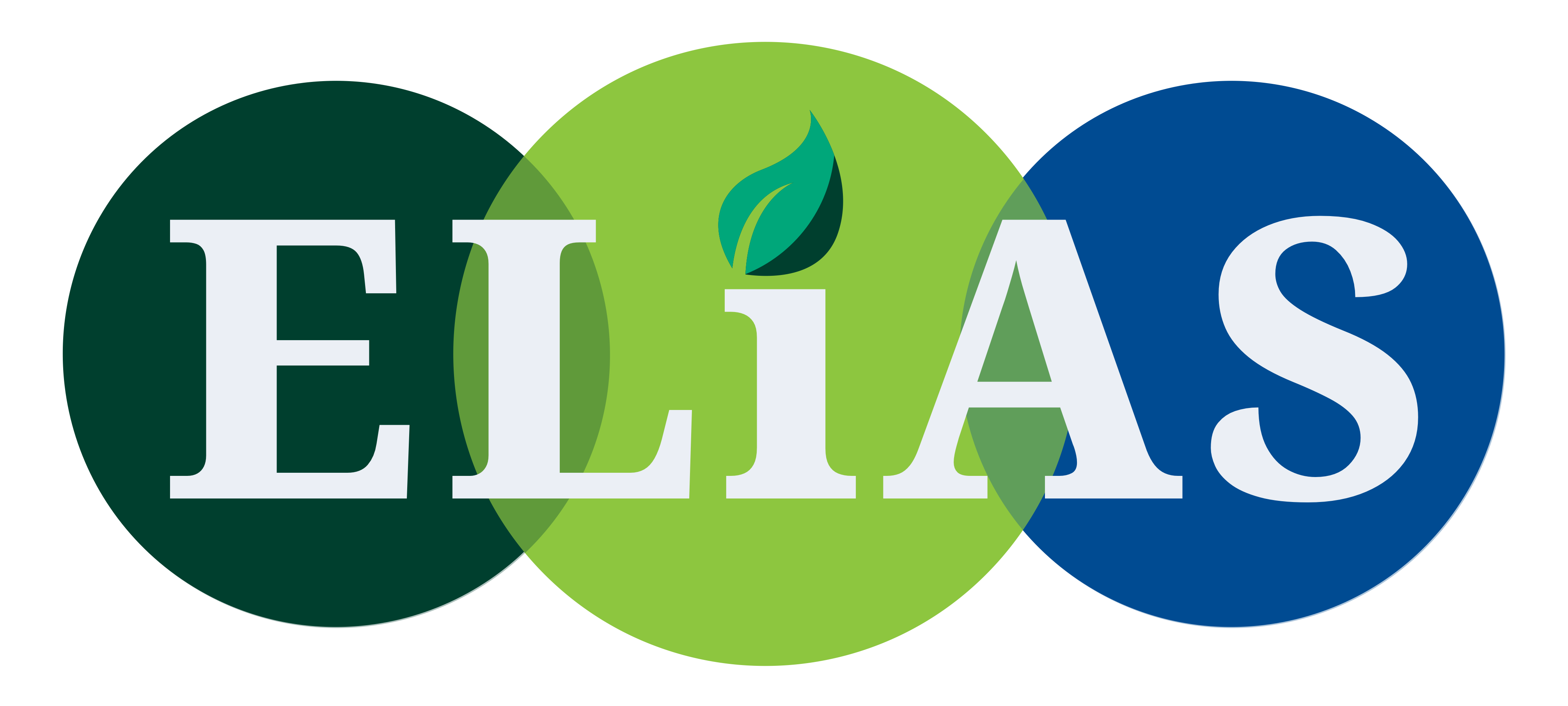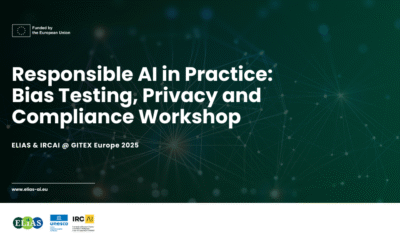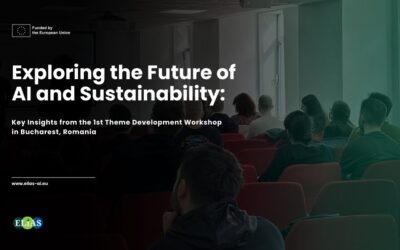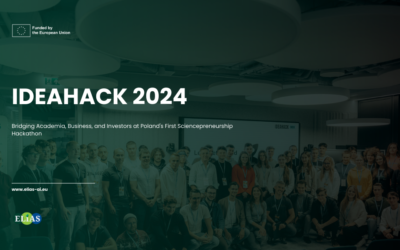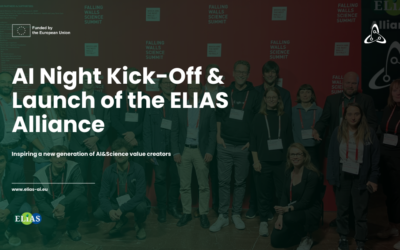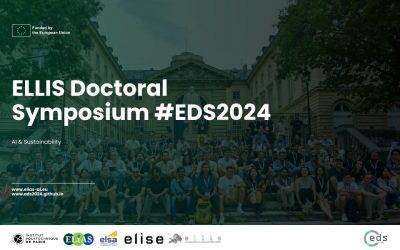From 21 to 23 May 2025, the ELIAS project was prominently featured at the inaugural GITEX Europe in Berlin, joining forces with the IRCAI, International Research Centre on Artificial Intelligence under the auspices of UNESCO, to spotlight the intersection of Responsible AI and the Sustainable Development Goals (SDGs).
Search Results
Events
Exploring the Future of Sustainability and AI
Key Insights from the 1st Theme Development Workshop in Bucharest
AI Ethics and Education for a Democratic Future @ ACTION SUMMIT
As a significant side event at the AI Action Summit 2025, ELIAS played an important role in supporting the Workshop on AI Ethics and Education for...
IDEAHACK 2024: Bridging Academia, Business, and Investors at Poland’s First Sciencepreneurship Hackathon
Warsaw, Poland – November 17, 2024IDEAHACK 2024, held on November 16-17 at the IDEAS NCBR headquarters in Warsaw, marked a significant milestone as...
ELIAS Nodes have been presented to the public during the Falling Walls Event in Berlin, Germany
Press Release: ELIAS Alliance Launch ELIAS Nodes have been presented to the public during the Falling Walls Event in Berlin, Germany Berlin,...
Over 100 PhD students from across Europe gather in Paris for this year’s ELLIS Doctoral Symposium
Five days of networking and insightful exchanges on the latest machine learning research: Paris was the location of this year’s ELLIS Doctoral Symposium (EDS) under the theme of ‘AI and Sustainability’.
